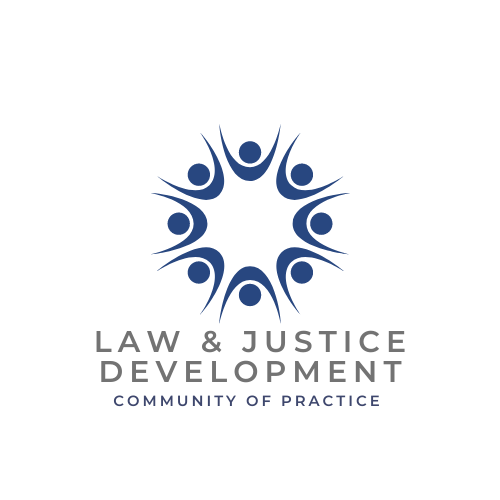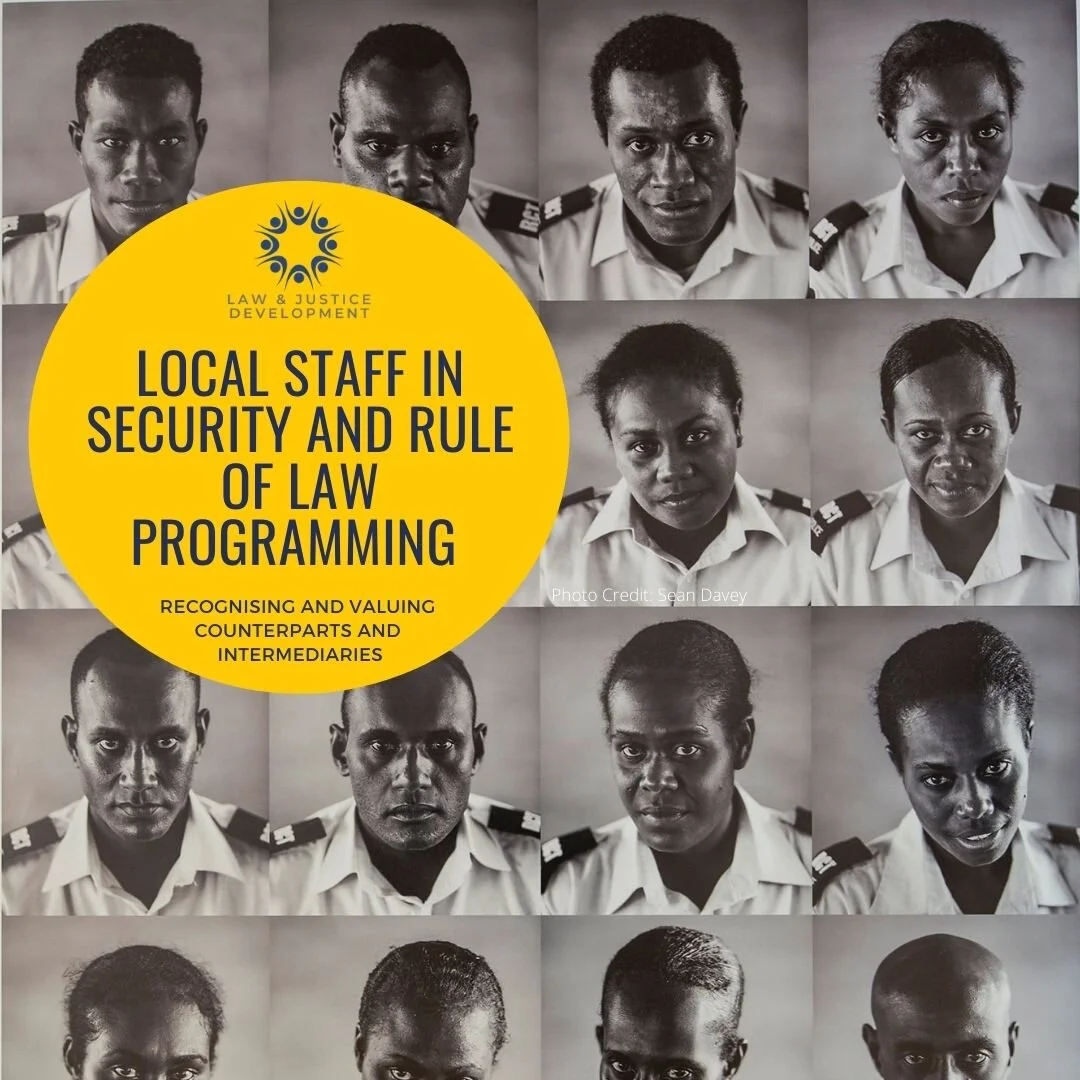Photo credit: Sean Davey (2021) - Next Generation: Solomon Islands After RAMSI
Local staff in security and rule of law programming – recognising and valuing counterparts and intermediaries
Thursday 28 October
Within the rule of law field, increasing attention has been paid to local actors who act as ‘intermediaries’ or ‘counterparts’ within internationally-funded reform efforts. Most practitioners will tell you that local staff are critical to the success of programming – that they bring with them deep contextual knowledge, networks and an understanding of how to operate politically in difficult environments.
Local staff are also key to sustainability and ensuring that the latest donor-funded program connects with what has come before, and supports changes that continue after its final report is delivered. Yet this recognition of the value of local staff often does not translate well into programming architecture. Often local staff are paired with or sit under international ‘experts’ and treated as a second-tier of programming. Local staff are routinely paid less, valued for the softer skills of local knowledge rather than technical skills and seen as subjects of capacity building, rather than as the experts and leaders of reform movements.
With continued calls for localisation – or working in more locally-led ways that cede power and ‘decolonise’ development – paying greater attention to, and valuing, the role of local staff in security and rule of law programming is more important than ever. But how to get beyond the niceties of saying this in program designs to actually delivering it on the ground? This seminar brought together insights from rule of law and policing experts with experience from Myanmar, Papua New Guinea and the Pacific to better understand how local staff experience being part of international security and rule of law programming and how their contributions can be better valued.
Speakers:
Dr Kristina Simion, Research Fellow, Swedish Institute of International Affairs and Folke Bernadotte Academy
Andrea Yaninen, Senior International Liaison Officer, National Maritime Safety Authority, PNG
Lautoa Faletau, Team Leader, Pacific Community for Law Enforcement Cooperation, Australian Federal Police
Photo Credit: Hkun Lat; 2021 Getty Images
Where next for justice in Myanmar? A roundtable discussion by the Australian Law and Justice Development Community of Practice
Friday 23 April 2021
The February 2021 coup in Myanmar signalled an unexpected about-face by the military and the crackdown since on the country’s civilian leaders and general population has been shocking in its brutality. For those who have been working to strengthen access to justice in Myanmar as part of wider democratisation efforts, these events represent a depressing retreat of the rule of law. They also pose a significant challenge for how to proceed. In the context of the current crisis, this roundtable discussion will draw out what we have learnt about what appears to work in advancing the rule of law in Myanmar to date, and what future strategies for engagement might look like. Drawing on the insights of an expert panel involved in a range of justice and governance work in Myanmar, the discussion will take stock of where we have got to in supporting access to justice in the country, and what possible next steps might be.
Speakers:




